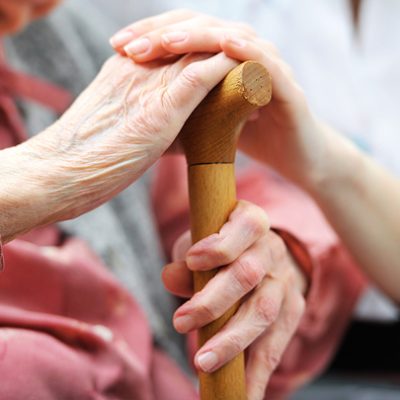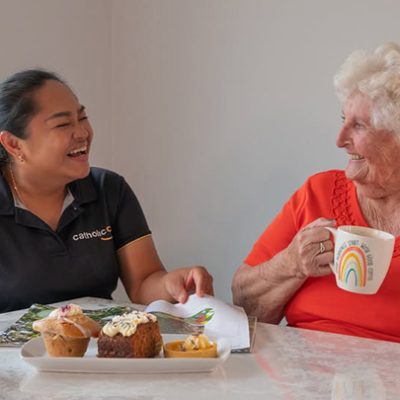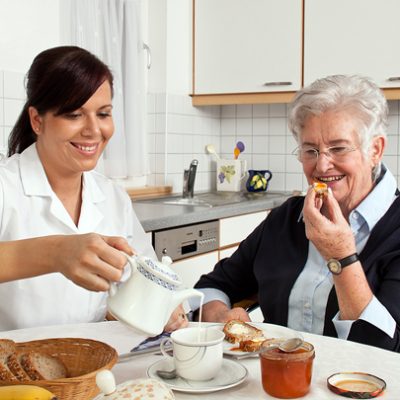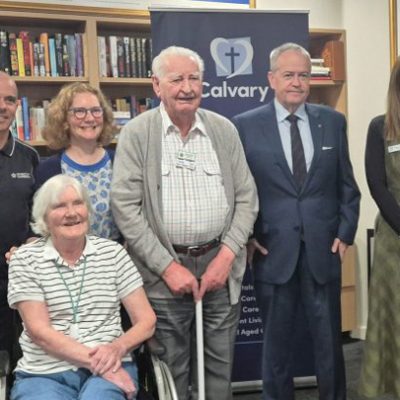
Catholic Health Australia has applauded the results of the first month of reporting on the Commonwealth’s 24/7 aged care registered nursing requirements.
Figures released yesterday showed that in the past month, registered nurses were onsite in aged care homes 98 per cent of time, equating to an average of 23.5 hours of nursing care across the day.
Catholic Health Australia’s Aged Care Director Jason Kara said the figures are a direct result of the Government’s singular focus on aged care reform since its election 15 months ago.
“Delivering structural reform in aged care is often put in the too-hard basket by ministers and governments yet from the beginning the Albanese Government was committed to delivering real improvements in aged care to support the most vulnerable,” Mr Kara said.
“Today’s extremely encouraging numbers on registered nurse coverage show that the Government’s commitments have been matched with appropriate action and funding. I applaud the ambition of the Aged Care Minister Anika Wells in driving this reform – often in the face of great scepticism.”
Catholic Health Australia, the nation’s largest non-government provider of health and aged care services, will continue to work with the Albanese Government and communities to deliver a quality nursing workforce.
“The Government should be congratulated for their efforts to grow and improve the nursing workforce. Catholic health and aged care providers will continue to work in partnership with the Government to deliver real improvements to the standard of care for all Australians.”
FULL STORY
Nursing figures reinforce government’s positive vision for aged care (CHA)
RELATED COVERAGE
Using super to help fund aged care part of taskforce considerations, Anika Wells says (The Australian)






